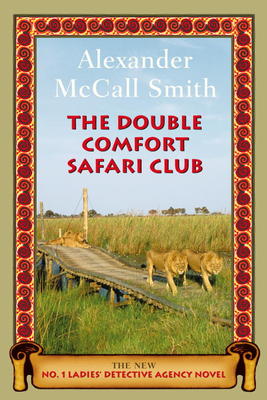 Alexander McCall Smith has created such a family feeling in his stories about Botswana that I even heard of a Canadian businessman taking his children off to visit the home of Precious Ramotse and her famous Detective Agency in this distant spot in Africa. In his new book, McCall Smith continues his up-close look at the characters we have come to know and love in this series.
Alexander McCall Smith has created such a family feeling in his stories about Botswana that I even heard of a Canadian businessman taking his children off to visit the home of Precious Ramotse and her famous Detective Agency in this distant spot in Africa. In his new book, McCall Smith continues his up-close look at the characters we have come to know and love in this series.
There is one slightly exotic change in the story, which usually takes place in the town of Gaberone. This time the lady detective and her assistant set off on a mission to a Safari Club in Botswana’s remote and beautiful Okavango Delta. They have some tricky times crossing a crocodile-filled river, and even trickier times trying to find the guide to whom they are bringing a large sum of money.
Safely back home, the assistant finds a strong-minded aunt trying to break up her engagement. Her boss has a complicated case of infidelity, which she resolves in her usual common-sense, kindly way. Altogether it is vintage McCall Smith, and gives a convincing and charming picture of up-close Africa, which we can’t get in the papers with their headlines full of crisis and trouble.
Review by Anne McDougall

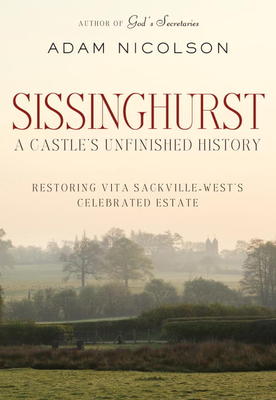
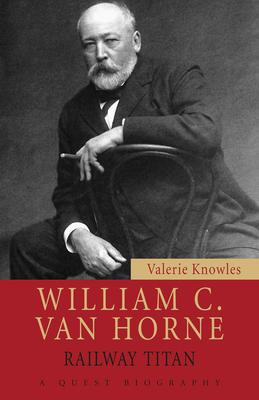
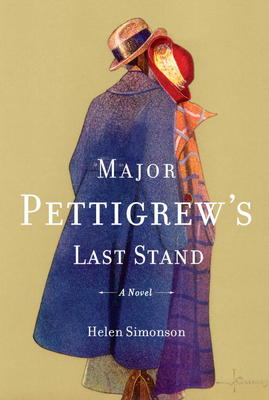
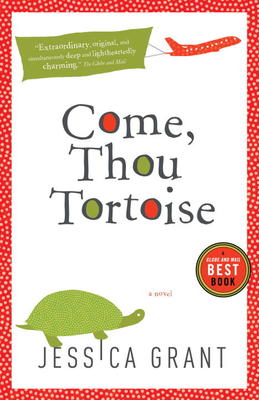 This is a quirky, whimsical story of a motherless girl, determined to find love in her precarious life. With a lot of courage – and some very funny antics along the way – she succeeds.
This is a quirky, whimsical story of a motherless girl, determined to find love in her precarious life. With a lot of courage – and some very funny antics along the way – she succeeds.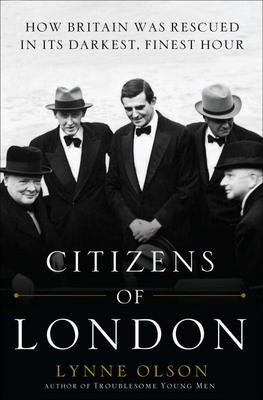 Lynne Olson has already written about how Britain was saved in its darkest hour in “Troublesome Young Men”. These were the men in England who fought appeasement and backed Churchill’s rise to power.
Lynne Olson has already written about how Britain was saved in its darkest hour in “Troublesome Young Men”. These were the men in England who fought appeasement and backed Churchill’s rise to power.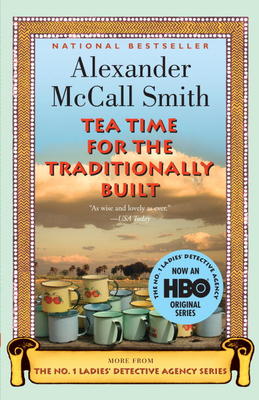 This is a Vintage Canada edition of the Alexander McCall Smith book which came out last year.
This is a Vintage Canada edition of the Alexander McCall Smith book which came out last year. This is really the story of immigration – 50 years ago – from Ireland to the United States. It is interesting to us today as we watch immigration to our country changing from European to non-European, as the whole world ‘s population shifts.
This is really the story of immigration – 50 years ago – from Ireland to the United States. It is interesting to us today as we watch immigration to our country changing from European to non-European, as the whole world ‘s population shifts.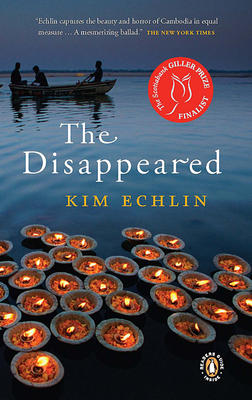 It is surely a brave book that would set a love story near the killing fields of Pol Pot.
It is surely a brave book that would set a love story near the killing fields of Pol Pot.